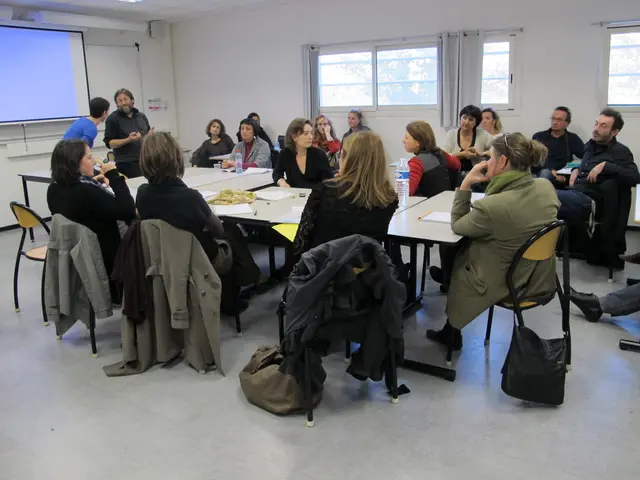Inefficiencies in policy lead to increased disparities between Dhaka and other urban areas, according to urban analysts.
On September 18, 2022, a seminar titled "Urbanisation and Bangladesh's Development - Selected Findings from BIDS-PRI Research" was held at the Policy Research Institute of Bangladesh (PRI) Conference Room. The seminar was graced by Hossain Zillur Rahman, the executive chairman of the Power and Participation Research Centre (PPRC), as the chief guest.
Dr. Nazmus Sakib, who was the speaker at the event, highlighted the need for a shift in focus towards urban-centric research. He pointed out that current urban data often gives a misleading picture, citing the example of 60% of Rangpur City Corporation being rural. This, he argued, underscores the importance of new ways to measure true urban density.
Ahmad Ahsan, the director of PRI, echoed these sentiments, stating that the current Dhaka-centric pattern of urbanisation is unsustainable, causing economic losses estimated at 6%-10%. He also mentioned the Geneva Camp as a potential major research centre for land management due to its intensive operations within a small area.
Rahman, in his address, emphasised the importance of developing city management skills, particularly for mayors and their teams. He also noted that there is no second city besides Dhaka in Bangladesh, and Chattogram is losing its importance due to centralised policies.
Ahsan shared research findings, indicating a sharp decline in urban industrial employment growth and a lag in urban growth compared to rural growth. He also noted that some relocation of people and industries is happening outside Dhaka, but mostly bypassing secondary cities and moving to smaller towns and rural areas.
Rahman cautioned that cities now risk being neglected in research, similar to how villages were in the 2000s, and emphasized the urgency of urban-focused research. He attributed these challenges to the lack of a national policy on urbanisation, no dedicated ministry, and fragmented governance.
In response, Discussant Imran Matin urged the Bangladesh Bureau of Statistics to lead in producing highly disaggregated data. He also highlighted the costly 'missing middle' dynamic, where resources bypass second-tier cities and flow directly to rural areas.
Rahman emphasised the need for political decentralisation in Bangladesh, suggesting strengthening existing local governments and focusing on the decentralisation of authority. He warned that without institutional change, planned urbanisation and decentralisation will remain orphan agendas.
Ashikur Rahman argued that city development authorities were designed to weaken city corporations and centralise power. He noted that the concept of 'mofossol' (rural and district towns) is fading, and there is a need to rethink and improve local institutions and quality of life.
In conclusion, the seminar underscored the urgent need for a shift in focus towards urban-centric research and decentralisation in Bangladesh. The speakers emphasised the importance of developing city management skills, producing disaggregated data, and implementing political decentralisation for sustainable urban development.
Read also:
- Democrats in the United States are rejoicing over Kamala Harris' recent triumph
- Urgent Action Needed to Ensure Voting Fairness - Weekly Advocacy Alert from Action Weekly Organization
- Trump appoints conservative economist for position at Labor Statistics department
- David Tennant expresses increased apprehension about voicing opinions on culture war topics following controversies surrounding transgender rights.







